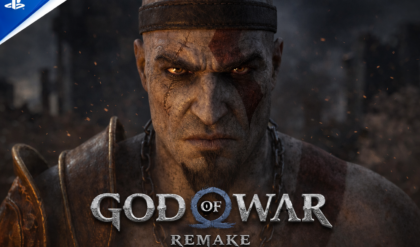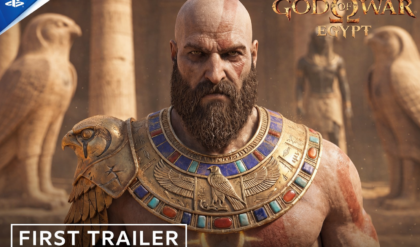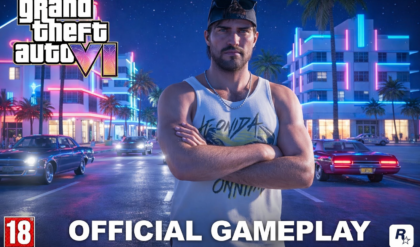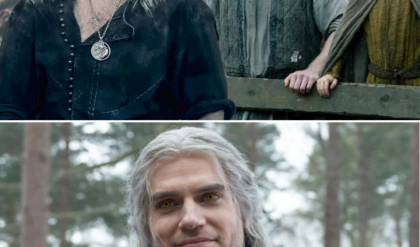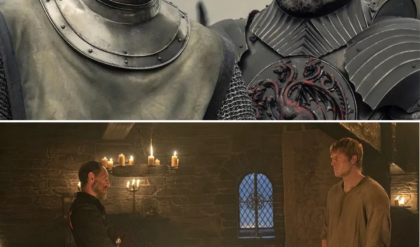Why Yasuke’s Role in Assassin’s Creed Shadows Ignites Controversy
The release of Assassin’s Creed Shadows on March 20, 2025, has thrust Yasuke, the historical African samurai, into a global controversy, with his portrayal as a Black samurai co-protagonist sparking heated debates about cultural representation, historical accuracy, and Western influence in gaming. A provocative sentiment circulating on platforms like X asserts that “no one would care about a Black samurai if it was a game made by the Japanese, not the West,” suggesting that Ubisoft’s Western perspective amplified the backlash. This claim, rooted in Yasuke’s uncontroversial appearances in Japanese-developed games like Nioh and Samurai Warriors, highlights a complex interplay of cultural expectations, global gaming dynamics, and social media outrage. Why does Yasuke’s role in a Western game provoke such a reaction, and would a Japanese-made game have escaped scrutiny? Let’s dive into the reasons behind this firestorm and its broader implications.
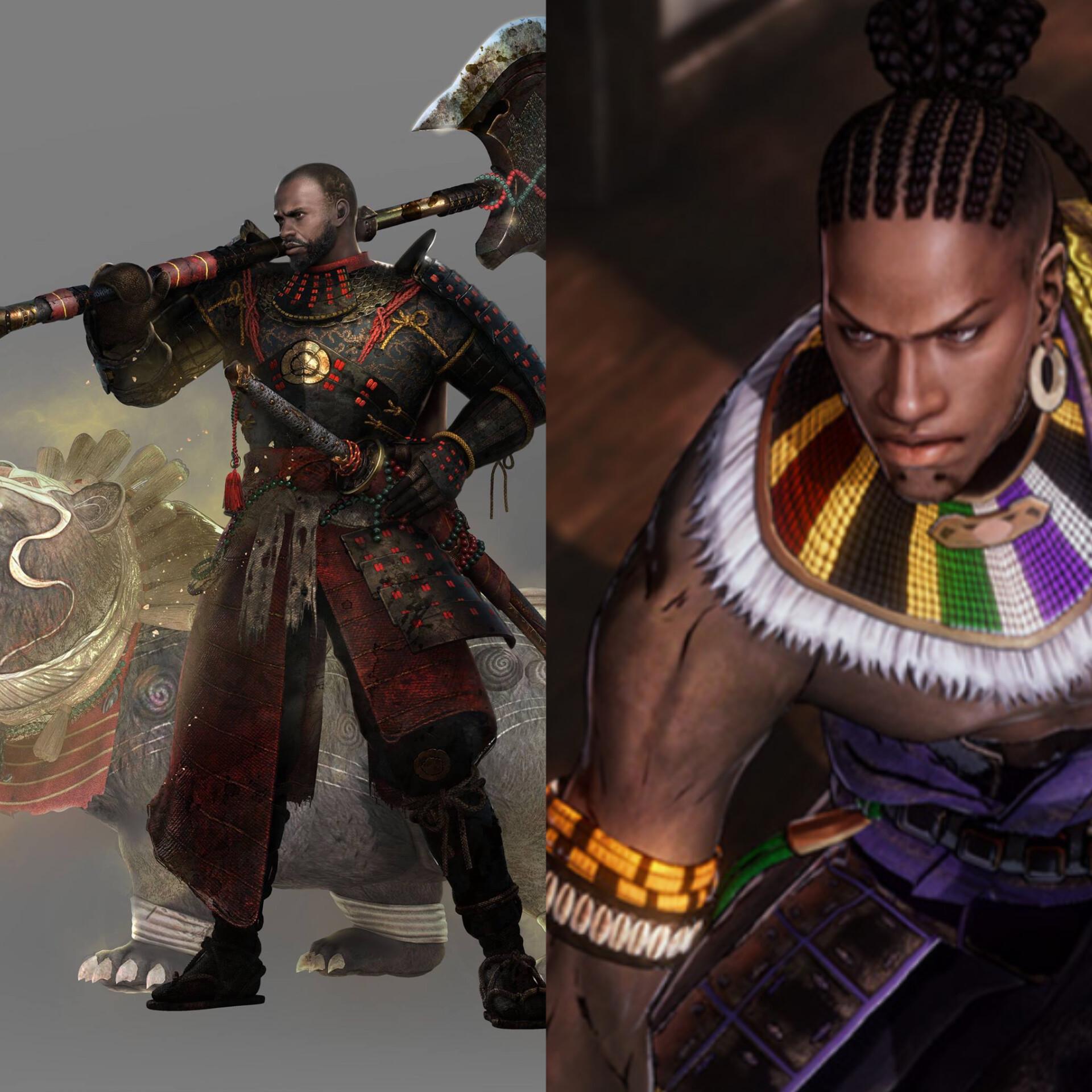
Yasuke’s Gaming Legacy
Yasuke, a Mozambican man who arrived in Japan in 1579 and served under warlord Oda Nobunaga, is a rare historical figure whose brief samurai tenure has inspired numerous portrayals. In gaming, he appeared in Koei Tecmo’s Nioh (2017) and Nioh 2 (2020) as a supporting character and boss, and as a playable warrior in Samurai Warriors 5 (2021). These Japanese-developed titles presented Yasuke as a loyal, formidable samurai without significant backlash, blending historical elements with fictional flair typical of the Sengoku period’s romanticized depictions. Smaller games like Sengoku Basara also featured him, focusing on his strength and exotic origins, yet none triggered widespread controversy.
In Assassin’s Creed Shadows, developed by Ubisoft Quebec, Yasuke is a co-protagonist alongside Naoe, a fictional female shinobi, in an open-world RPG set in feudal Japan. His prominent role, complete with samurai combat and a narrative involving romance and political intrigue, has drawn intense scrutiny, unlike his supporting roles in Japanese games. The game’s commercial success—3 million players in its first week and a 81% positive Steam rating—hasn’t quelled the debate, which centers on Ubisoft’s Western lens and the cultural context of 2025.
The Core Claim: A Japanese Game Would’ve Avoided Backlash
The assertion that a Japanese-made game featuring Yasuke would’ve escaped controversy hinges on several factors that distinguish Ubisoft’s approach from that of Japanese developers.
1. Cultural Authority and Expectations
Japanese developers like Koei Tecmo and Team Ninja, who created Nioh and Samurai Warriors, are seen as cultural insiders with implicit authority to depict Japan’s history, even with creative liberties. Their portrayals of Yasuke, while fictionalized, align with the Sengoku period’s mythologized narratives, where figures like Nobunaga are often exaggerated. Forbes notes that Japanese audiences are accustomed to such reinterpretations in games and anime, viewing them as entertainment rather than historical records. For example, Nioh’s inclusion of William Adams, a white samurai, as its protagonist raised no significant ire, as it fit the game’s fantastical tone and Japanese origin.
In contrast, Ubisoft, a Western studio, is perceived as an outsider, raising suspicions of cultural appropriation. Japanese fans and officials, including Prime Minister Shigeru Ishiba, criticized Shadows for inaccuracies like Chinese subtitles in trailers and gameplay allowing damage to Itatehyozu Shrine, prompting a day-one patch to make shrine objects indestructible. X users like @juanmawl argue that a Japanese studio would’ve avoided these missteps, as cultural fluency would ensure respect for sacred sites and historical nuance. The perception of Ubisoft “imposing” a Black samurai as a lead, rather than a native Japanese figure, fueled accusations of prioritizing diversity over authenticity, a sentiment absent in Nioh’s domestic context.
2. Global Spotlight and Western Cultural Politics
Assassin’s Creed Shadows’ global reach, with 64,825 peak Steam players and a massive marketing campaign, amplifies scrutiny compared to Nioh’s niche appeal or Samurai Warriors’s domestic focus. The Assassin’s Creed franchise, known for blending history with fiction, has a history of non-native protagonists—like Ezio in Italy or Connor in America—without similar backlash, but Yasuke’s race and the 2025 cultural climate changed the equation. The U.S., which accounts for 53% of Ubisoft’s bookings per Reuters, is steeped in “woke” versus anti-“woke” debates, intensified by Trump’s 2025 inauguration. X posts from users like @Grummz accused Ubisoft of pandering with Yasuke’s inclusion, same-sex romance options, and Naoe’s prominence, labeling it a “Western agenda.”
Japanese games like Nioh, released in 2017 before these culture wars peaked, avoided this scrutiny. Their smaller global footprint and lack of overt political framing meant Yasuke’s role was seen as a historical curiosity, not a statement. Den of Geek argues that Shadows’ backlash is “manufactured,” driven by Western anti-diversity sentiments rather than Japanese concerns, but the global stage amplified local critiques, unlike the contained reception of Japanese titles.
3. Historical Accuracy and Samurai Status
Critics question Yasuke’s portrayal as a samurai in Shadows, citing historical ambiguity. While historian Thomas Lockley confirms Yasuke was armed and served Nobunaga, his samurai status is debated, with some sources suggesting he was an honorary retainer. Japanese fans on X, like @Pirat_Nation, argue that Ubisoft exaggerated Yasuke’s role, depicting him with “non-honorable” violence like head-crushing, which clashes with samurai ideals. This contrasts with Nioh’s portrayal of Yasuke as a boss, where his samurai status was secondary to gameplay, drawing less historical critique.
A Japanese-made game, developed by insiders familiar with Sengoku nuances, might have framed Yasuke’s role more subtly, avoiding accusations of overreach. IGN notes that Shadows’ narrative liberties, like Yasuke’s romance with Ibuki, are consistent with the series’ fiction but were perceived as Western embellishments, unlike Samurai Warriors’s straightforward warrior depiction.
4. Gameplay Design and Protagonist Dynamics
Yasuke’s gameplay in Shadows—a “stealth tank” focused on combat rather than traditional assassin skills like parkour or Eagle Vision—has drawn criticism for limiting mission access compared to Naoe’s stealth-focused shinobi. Creative director Jonathan Dumont told GamesRadar that Yasuke was a late addition to balance Naoe, but some fans, per Forbes, find the dual-protagonist dynamic unbalanced. This contrasts with Nioh’s Yasuke, a non-playable character, whose role didn’t invite gameplay critiques. A Japanese game might have prioritized a native protagonist or integrated Yasuke as a supporting figure, aligning with cultural expectations and avoiding design debates.
5. Social Media and Harassment
Social media, particularly X, has supercharged the controversy. Yasuke’s Wikipedia page saw over 50 edits in a day in May 2024 disputing his samurai status, reflecting coordinated efforts to challenge Shadows. Ubisoft researcher Sachi Schmidt-Hori faced harassment for her work, with X posts targeting her contributions. Videos like “Assassin’s Creed Shadows Is WOKE Garbage” by @NikTekOfficial fueled outrage, claiming Yasuke’s inclusion erases Japanese culture. This mirrors GTA 6’s “anti-American” backlash but dwarfs the minimal online reaction to Nioh or Samurai Warriors, released before X’s current influence. A Japanese game, less exposed to Western social media dynamics, would likely have sidestepped this vitriol.
Ubisoft’s Response and Game Impact
Ubisoft has defended Yasuke, with cinematic director Nibbelin telling GamesRadar that Shadows is “historical fiction,” not fact, akin to Shogun. The studio issued a July 2024 apology for cultural inaccuracies, followed by a day-one patch addressing shrine concerns. Free updates, including new game+ and difficulty options, reflect responsiveness to feedback. Despite the backlash, Shadows achieved 3 million players by March 27, 2025, and the franchise’s second-highest day-one sales, per IGN. Its 40 million hours played and 81% Steam rating suggest the controversy hasn’t deterred most players.
Why the West Matters
The claim that a Japanese-made game would’ve avoided backlash holds weight due to cultural authority, domestic context, and lower global scrutiny. Japanese studios like Koei Tecmo operate within a cultural framework that tolerates historical liberties, as seen with Nioh’s William Adams. Their games, targeting niche or domestic audiences, face less Western-driven “woke” debates. Ubisoft’s outsider status, amplified by Shadows’ AAA scale and U.S. cultural divides, made Yasuke a lightning rod. Historical inaccuracies, while present in Japanese games, were magnified by Ubisoft’s visibility and perceived Western agenda, with X and YouTube videos like @Grummz’s fueling outrage absent in earlier titles.
Broader Implications
The Shadows controversy mirrors gaming’s struggle with representation, akin to Rachel Zegler’s Snow White backlash or The Last of Us Season 2’s fan disputes. Den of Geek argues that “historical accuracy” is a pretext for resistance to diversity, but Japanese concerns, voiced by Ishiba, highlight genuine cultural sensitivities. The harassment of developers like Schmidt-Hori underscores the toxicity of online debates, while Shadows’ success suggests players value gameplay over rhetoric. A Japanese game might have dodged this storm, but Ubisoft’s bold choice to center Yasuke challenges gaming to embrace diverse histories, even at the cost of controversy.
Conclusion
Yasuke’s role as a Black samurai in Assassin’s Creed Shadows has sparked a firestorm that his appearances in Japanese games like Nioh never faced, proving that a Western studio’s lens and global reach amplify cultural and political tensions. Ubisoft’s outsider status, historical liberties, and the 2025 culture war climate turned Yasuke into a symbol of “woke” overreach, unlike the accepted portrayals by Koei Tecmo. Social media’s role, from X posts to YouTube rants, escalated the debate, but Shadows’ 3 million players show its enduring appeal. The claim that a Japanese game would’ve avoided backlash highlights the unique pressures on Western developers, making Yasuke’s story a pivotal moment in gaming’s ongoing reckoning with representation and history.
